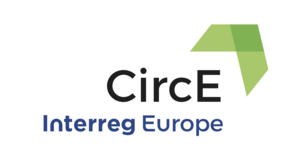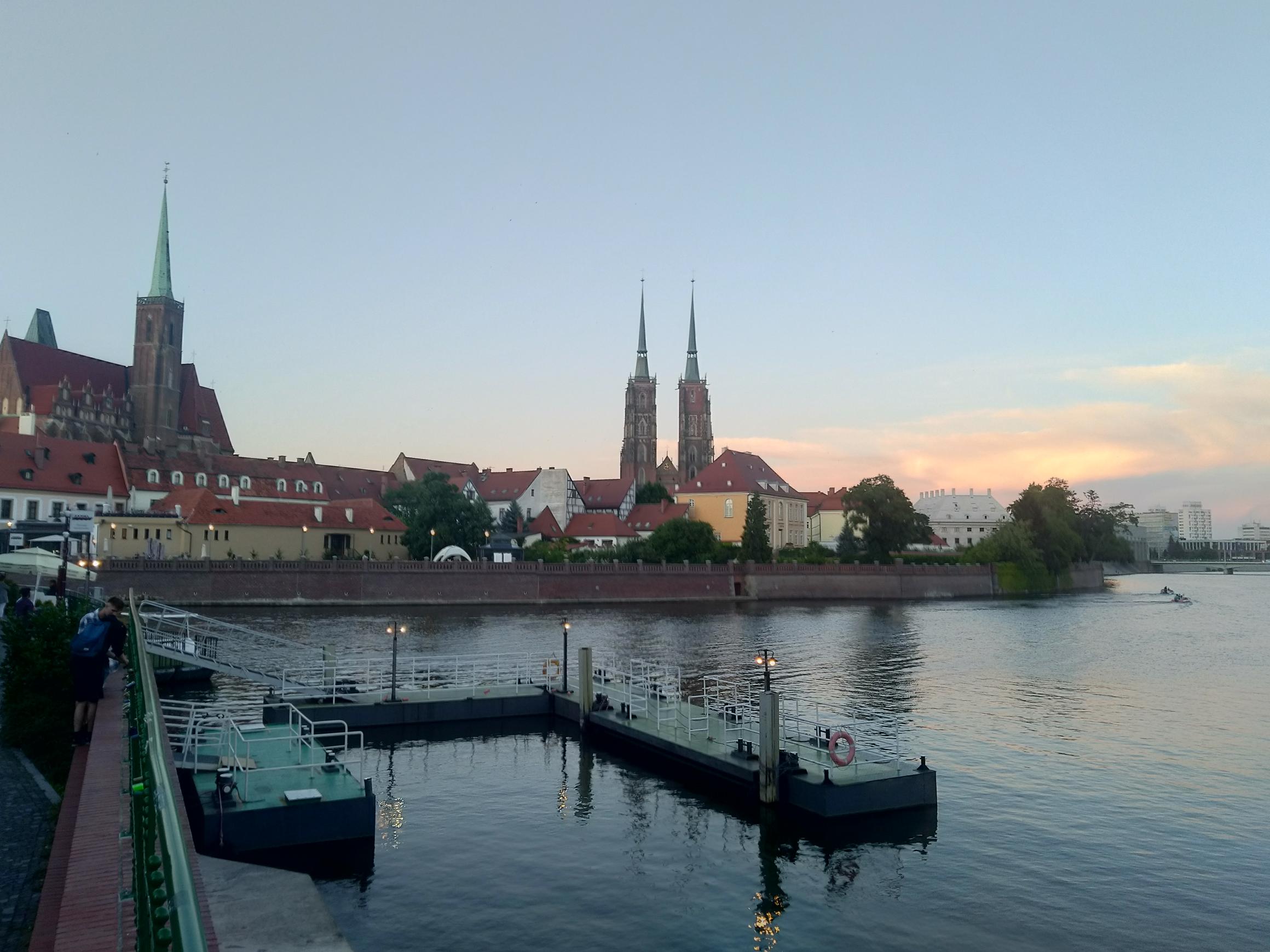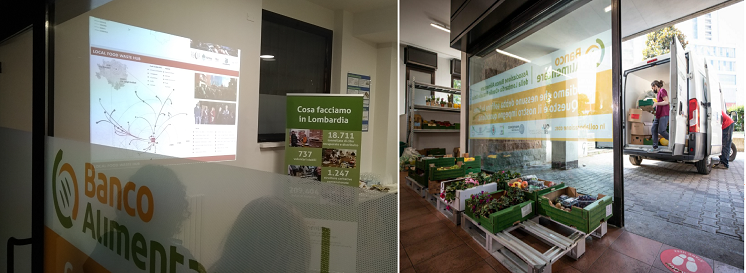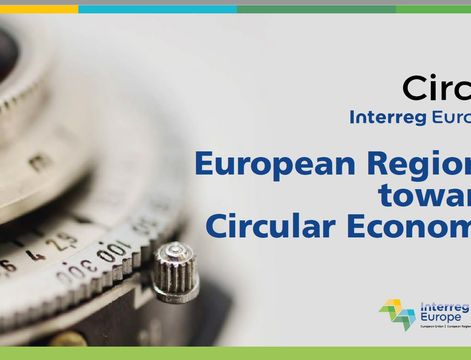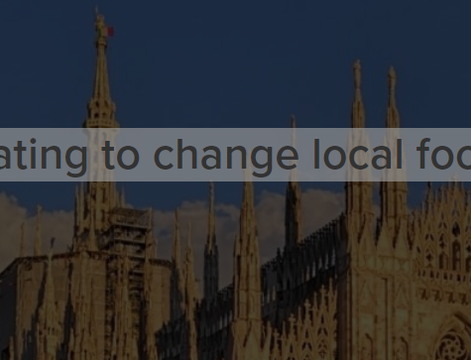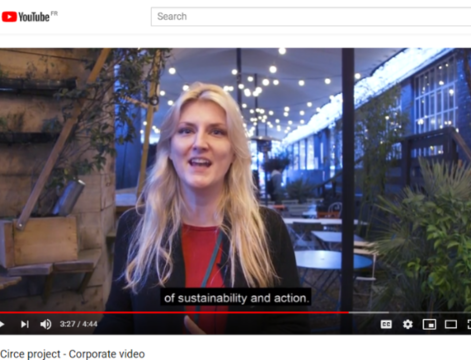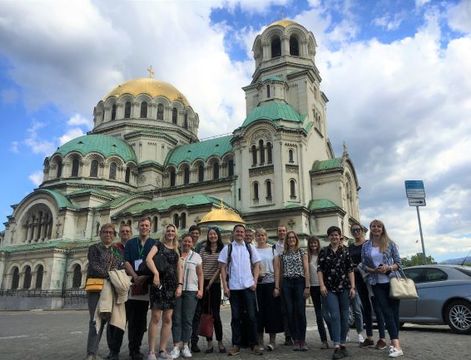On Tuesday, December 12, 2017, the second meeting of stakeholders in the CIRCE project took place in Ljubljana. The project is aimed at strengthening the knowledge about circular economy in Europe. The aim of the project is to help the involved partners to increase the capacity of their instruments and policies to steer the economy towards a circular model. The project carries out this task with the aim of changing or re-addressing the instruments of selected policies through the exchange of knowledge and experience between partners, through the continued involvement of stakeholders and a deeper analysis of the economic system.
At the first stakeholder meeting held in late May in Ljubljana, opportunities for the development of a circular economy in Slovenia from the perspective of municipalities in three sectors: food / agriculture, waste management and tourism were discussed.
A part of the project activities which are being implemented now focuses on obstacles to the development of a circular economy. A questionnaire for stakeholders in the project was formed, which aims to identify the main obstacles to the development of a circular economy in the relevant sectors. At the 2nd Meeting of the stakeholders in the CircE project, the focus was on the available answers to the obstacles that stakeholders have been aware of.
In the field of tourism, competition with business as usual was identified as the biggest obstacle, inadequate legal framework, business relations with green business and mindset at managing and operational levels, lack of internalization of external effects, additional operating costs, difficult access to appropriate green technology and lack of skills and abilities.
In the food sector insufficient quantities of products for procurement supply were identified as the biggest obstacle, unwillingness to submit joint offers, the required quantities are not known in a long term, as well as the fact that the lowest price is taken as the essential / only criterion (despite current legal bases for CE procurement).
In the waste sector, the underdeveloped secondary raw material market was identified as the most important barrier.
In the sector of the built environment, the insufficient inclusion of actors from the circular economy into the supply chain was recognized as the most important obstacle, the business attitude towards green business and mindset at the managing and operational level, the values and the attitude of the involved parties, low profit and again, the lowest price as the most important criterion before circular management.
Based on the discussion with stakeholders and their contributions, the Association of Municipalities and Towns of Slovenia will, within the CIRCE project, analyze the impact of the most important obstacles, prioritize them and explore the possibilities for their elimination.
